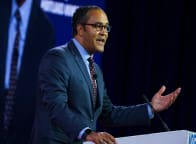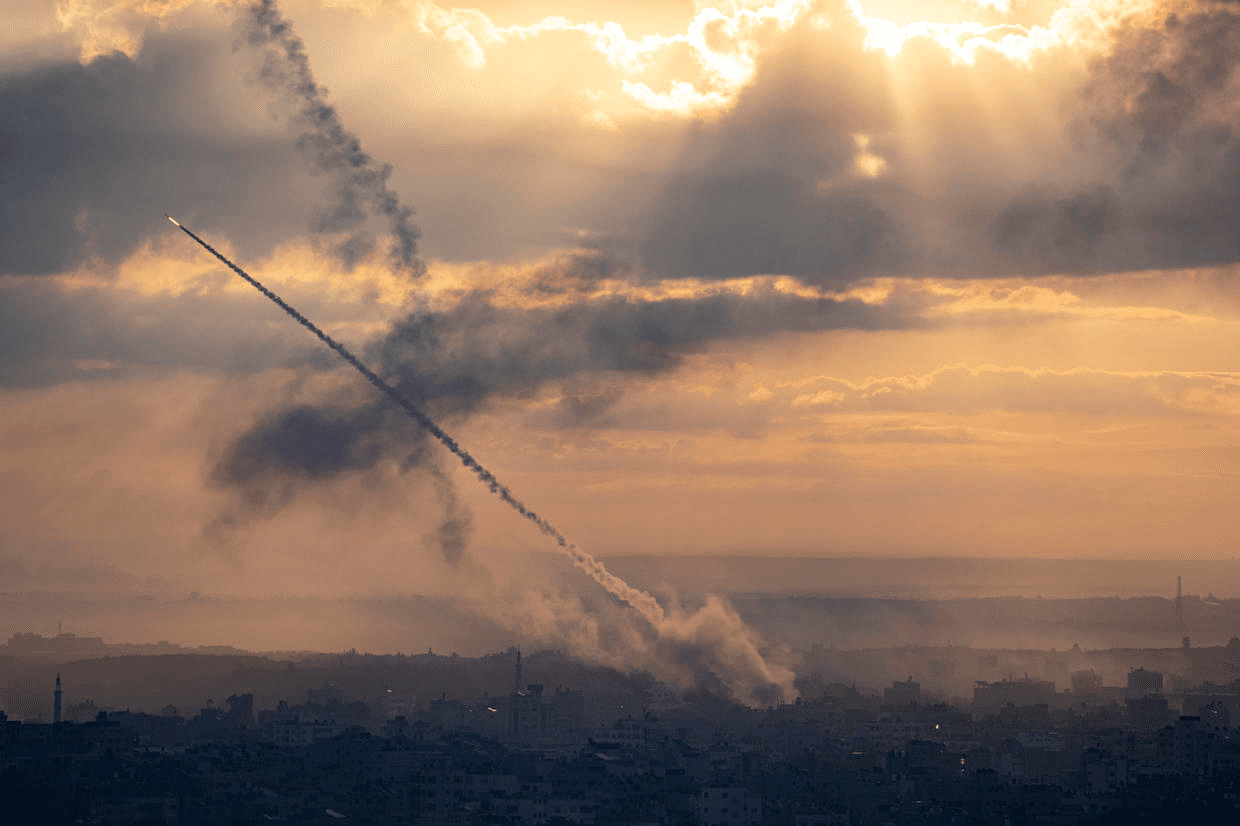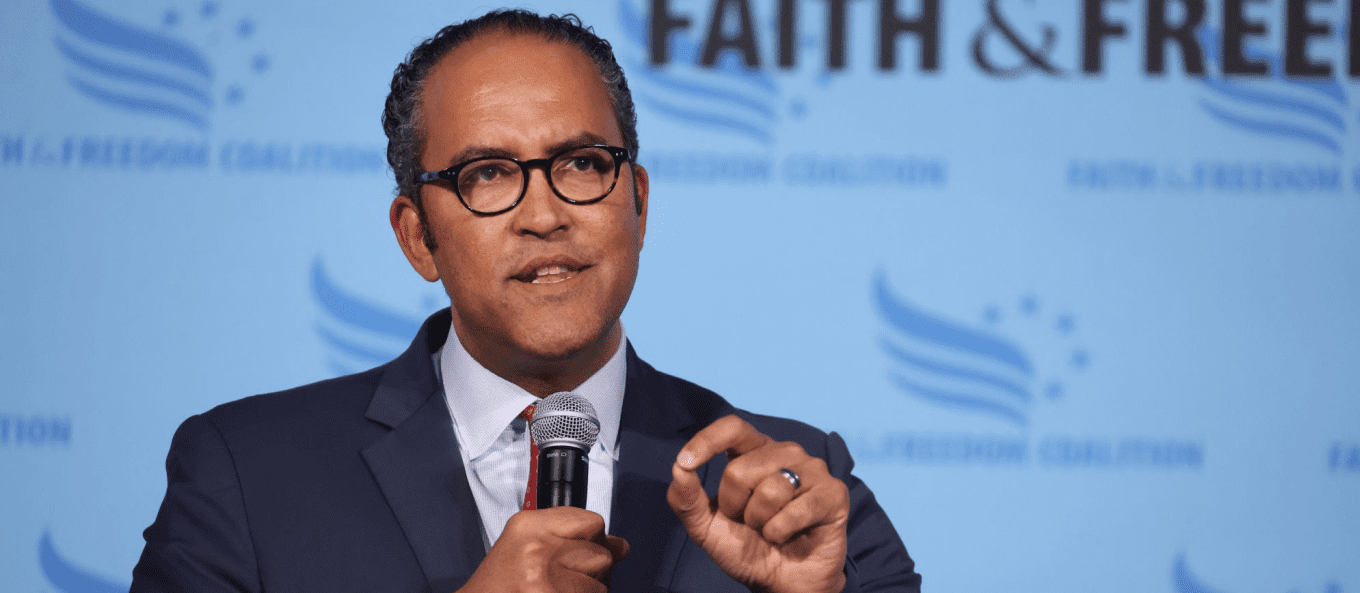The name Hamas has frequently dominated headlines, causing many people to ask, “Who is Hamas?” It is a Palestinian terrorist organization that governs the Gaza Strip. On October 7, 2023, Hamas launched a massive surprise attack on southern Israel, killing more than 1,400 men, women and children while taking hundreds of innocent civilians as hostages. They are in league with ISIS, Al Qaeda, the Taliban, and Hezbollah and have been at the center of numerous conflicts with Israel. But what is the story behind this terorist group, and what drives its actions? This guide will explore the origins, goals, and strategies of Hamas, as well as its impact on ordinary Palestinians and the international community’s stance on the movement.
Key Takeaways
- Hamas is a Sunni Islamist, Palestinian terrorist organization with the twin goals of obliterating Israel and establishing an Islamic state in Palestine.
- Hamas is a foreign terrorist organization and a mass social, political, and religious movement. However, its terrorist activities can’t be separated from it’s members running in local elections, operating schools, running medical clinics, or organizing youth groups.
- Hamas’ objectives have been condemned by the international community, who require it to recognize Israel’s right to exist, renounce violence, and accept previously negotiated Israeli-Palestinian agreements.
Unmasking Hamas: Origins and Goals

Photo: A map of the Palestinian Territories, including the Gaza Strip and West Bank.
Sheikh Ahmed Yassin created Hamas in 1987. Also known as the Islamic Resistance Movement, Hamas started as a branch of the Muslim Brotherhood, Egypt’s oldest and largest Islamist organization with offshoots throughout the Arab world. As an offshoot of the Palestinian branch of the Muslim Brotherhood, Hamas shares the Sunni Islamist ideology of the Brotherhood and seeks the destruction of Israel.
Hamas’ primary aim was to counter the Palestinian Islamic Jihad, another terrorist organization that still operates in the region. The ultimate objective of Hamas is the obliteration of Israel and the establishment of an Islamic state in Palestine.
Over the years, Hamas terrorists have evolved from just conducting miltary attacks to governing the Gaza Strip. Yet, its core objectives remain unaltered — the destruction of Israel and it’s citizens to establish an Islamic state through an unrestrained and unceasing holy war (jihad).
Hamas Charter: A Call for Israel’s Destruction
The Hamas Charter, published in 1988, outlines the group’s extremist ideology and goals, including opposition to Israel and its call for the destruction of the Jewish state. After the first Palestinian intifada, Hamas became the first Muslim organization to embrace the use of suicide bombers.
In 2017, in an effort to moderate its image, Hamas presented a new document accepting an interim Palestinian state along the “Green Line” border established before the Six-Day War in the Israeli occupied West Bank, which is a part of the Palestinian territories.
The Evolution of Hamas’ Objectives
Although Hamas continues to seek Israel’s destruction, its had to focus on governing Gaza since 2006 when it won a parliamentary majority. As a governing party, Hamas has implemented its Islamist agenda and enforced its interpretation of Islamic law in the Gaza Strip which is roughly twice the size of Washington, DC. However, the group has not renounced violence and remains committed to armed resistance against Israel.
Understanding Key Groups and Entities in the Palestinian Territories
In 1994 following the Oslo Accords, Israel agreed with the Palestine Liberation Organization (PLO) to permit a Palestinian Authority (PA) to exercise limited rule over Gaza and specified areas of the West Bank, subject to overarching Israeli military administration that dates back to the Israeli occupation of those areas following the 1967 Arab-Israeli War.
The PLO is an umbrella political organization of several Palestinian groups that is recognized by the United Nations and other international bodies as the “sole legitimate representative of the Palestinian people.” It is responsible for foreign relations, including negotiations with Israel. The PA, in contrast, is more focused on the internal governance of the Palestinian territories, dealing with day-to-day administrative tasks, and civil governance.
Fatah, a major political party founded in the late 1950s, is the largest faction within the PLO. It has been a principal player in the Palestinian national movement, focusing on establishing a Palestinian state primarily through political means since the Oslo Accords. Unlike Hamas, Fatah recognizes Israel and seeks to build a two-state solution along the borders established after the 1967 Six-Day War.
The PA’s establishment was a result of the PLO’s peace negotiations, and the PLO’s political stances significantly influence the PA’s policies. However, the PA’s administrative role in the Palestinian territories also impacts the PLO’s political strategies and decisions.
Mahmoud Abbas, also known as Abu Mazen, is a prominent Palestinian political leader who serves as the Chairman of the Fatah party, the President of the Palestinian Authority, the Chairman of the Palestinian Liberation Organization.
In 2007, The Palestinian Authority was ousted from the Gaza Strip, when Hamas, who is not part of the PLO, won a parliamentary majority through elections.
Leadership and Structure of Hamas
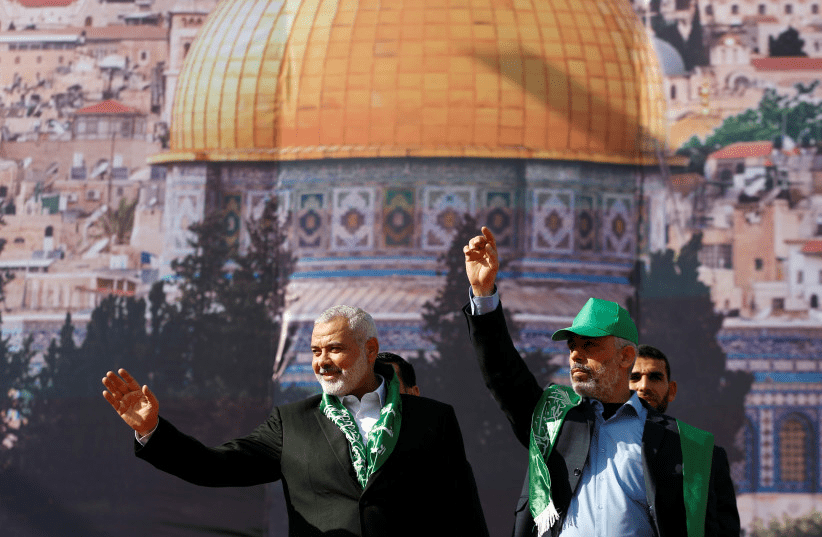
Photo: Hamas leaders Ismail Haniyeh and Yehya Al-Sinwar in Gaza City on December 14, 2017 – Mohammed Salem/Reuters
Hamas possesses a multifaceted leadership structure, comprising political figures such as Ismail Haniyeh and Yahya Sinwar, along with Hamas’s military wing, the Izz el-Deen al-Qassam Brigades, headed by Marwan Issa and Mohammed Deif. These Hamas leaders have shaped the group’s trajectory, from its origins as a militant movement to its current role as a political party governing Gaza.
Political Leadership
Ismail Haniyeh is the chairman of Hamas’ political bureau, responsible for leading and representing the organization politically. Yahya Sinwar serves as the leader of Hamas in Gaza, overseeing the day-to-day affairs of the territory, and has been a key figure in the Israel-Hamas war.
While the people of Gaza live in poverty and have suffered under the horrors of Hamas, many of it’s leaders live a life of luxury outside the Palestinian territories. According to the United Nations, the unemployment rate in Gaza is 47% and more than 80% of its citizens live in poverty. But a Hamas leader like, Haniyeh has lived in Qata since 2019 and has amassed a networth of over $4 billion.
The Role of Iran and Hezbollah
The Shia majority Iran and the terrorst group Hezbollah, based in Lebanon, have played significant roles in supporting and training Hamas militants. Iran provides financial aid, weapons, and political backing to Hamas, while the Shia Islamist Hezbollah which is also backed by Iran, extends training, weapons, and financial assistance to the group, particularly in the areas of guerrilla warfare and rocket technology.
Funding and Support for Hamas

Photo: Iranian Foreign Minister Hossein Amirabdollahian (left) meets with the leader of the Palestinian militant group Hamas, Ismail Haniyeh, in Doha on October 13.
Hamas depends on a variety of funding avenues, which include Iran, private benefactors, and Islamic charities. The group also employs tactics to evade international sanctions, enabling it to maintain its operations despite global efforts to restrict its financial resources.
Reliance on Iran
Iran is an ardent supporter of Hamas. It supports the faction by providing funds, weapons and training to them. Iran’s financial support to Hamas’s operations is of considerable significance as it enables the organization to continue its armed resistance against Israel.
Iran has repeatedly rejected calls by international organizations like the G7 to stop supporting Hamas militants and taking actions that destabilize the Middle East.
Private Donors and Islamic Charities
Palestinian expatriates, private donors in the Persian Gulf, and some Islamic charities in the West have historically supported Hamas financially. Hamas relies on a global financing network to receive donations from these sources, which allows the group to continue its operations despite international sanctions. It has also led to the top three leaders of Hamas being worth a collective $11 billion.
Evading International Sanctions
To bypass international sanctions, Hamas uses cryptocurrency and a global fundraising network, taking advantage of informal money transfer systems like hawala and front companies linked to the group. These tactics enable Hamas to maintain its operations and avoid scrutiny from international regulatory authorities.
Governing the Gaza Strip: Control and Repression
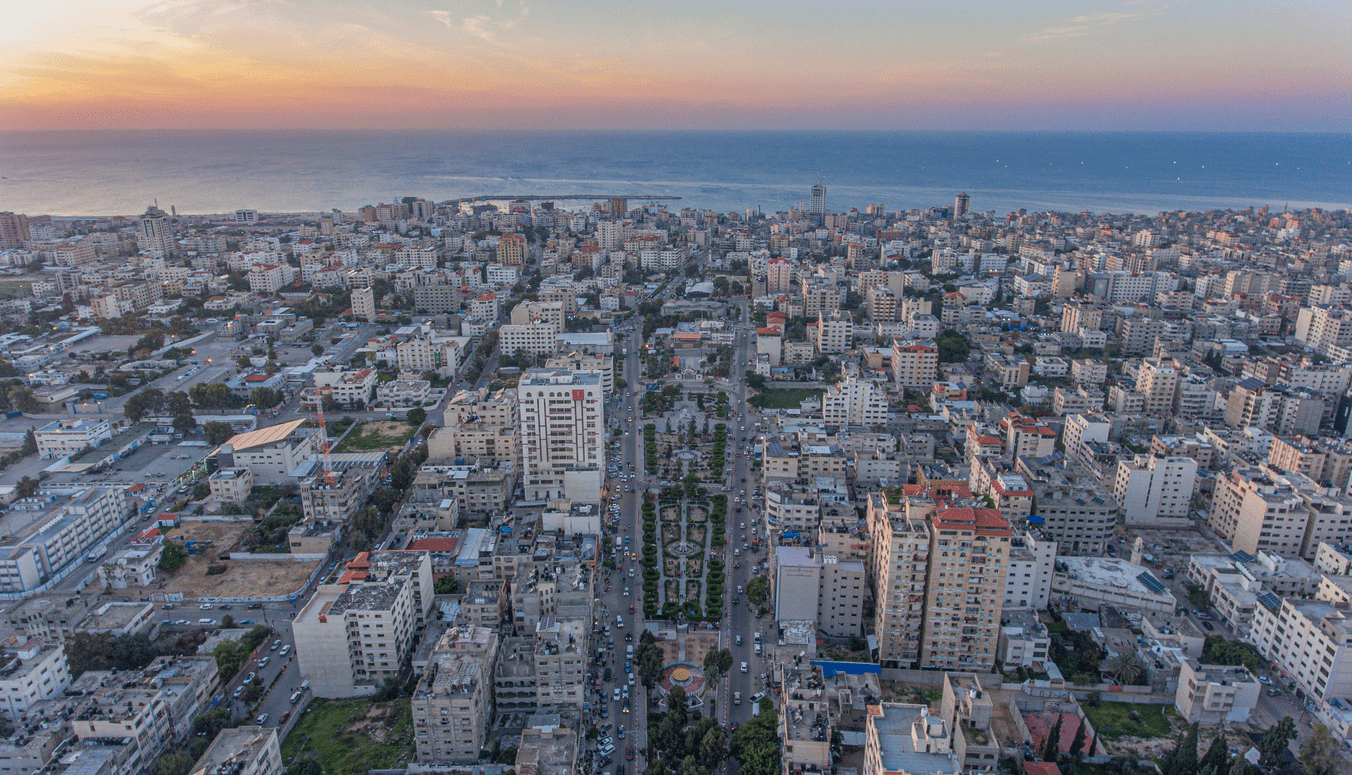
Photo: An aerial view of the Al-Rimal neighborhood in the center of the Gaza Strip in mid-2022. Soliman Hijjy
Hamas exercises control over Gaza using authoritarian establishments, enforcing Sharia law, suppressing opposition, and regulating media and NGOs. This has led to a restrictive environment for ordinary Palestinians living under its rule, with limited freedom of speech and political opposition.
Hamas employs various methods to suppress dissent and control the media in Gaza, such as arbitrary arrests, torture, and detention. It also attempts to exert control over mosques and enforce conservative Sunni Islamic practices.
This repression further limits the freedom of speech and expression for ordinary Palestinians living under its rule.
Human Rights Concerns
International organizations have raised concerns about Hamas’ governance in Gaza, including:
- The utilization of hostages as human shields
- Potential war crimes
- Violations of international humanitarian law
- Limitations on freedom of expression
These human rights concerns highlight the harsh reality of life for ordinary Palestinians, including Palestinian refugees, living under Hamas’ rule.
Hamas’ Methods of Armed Resistance
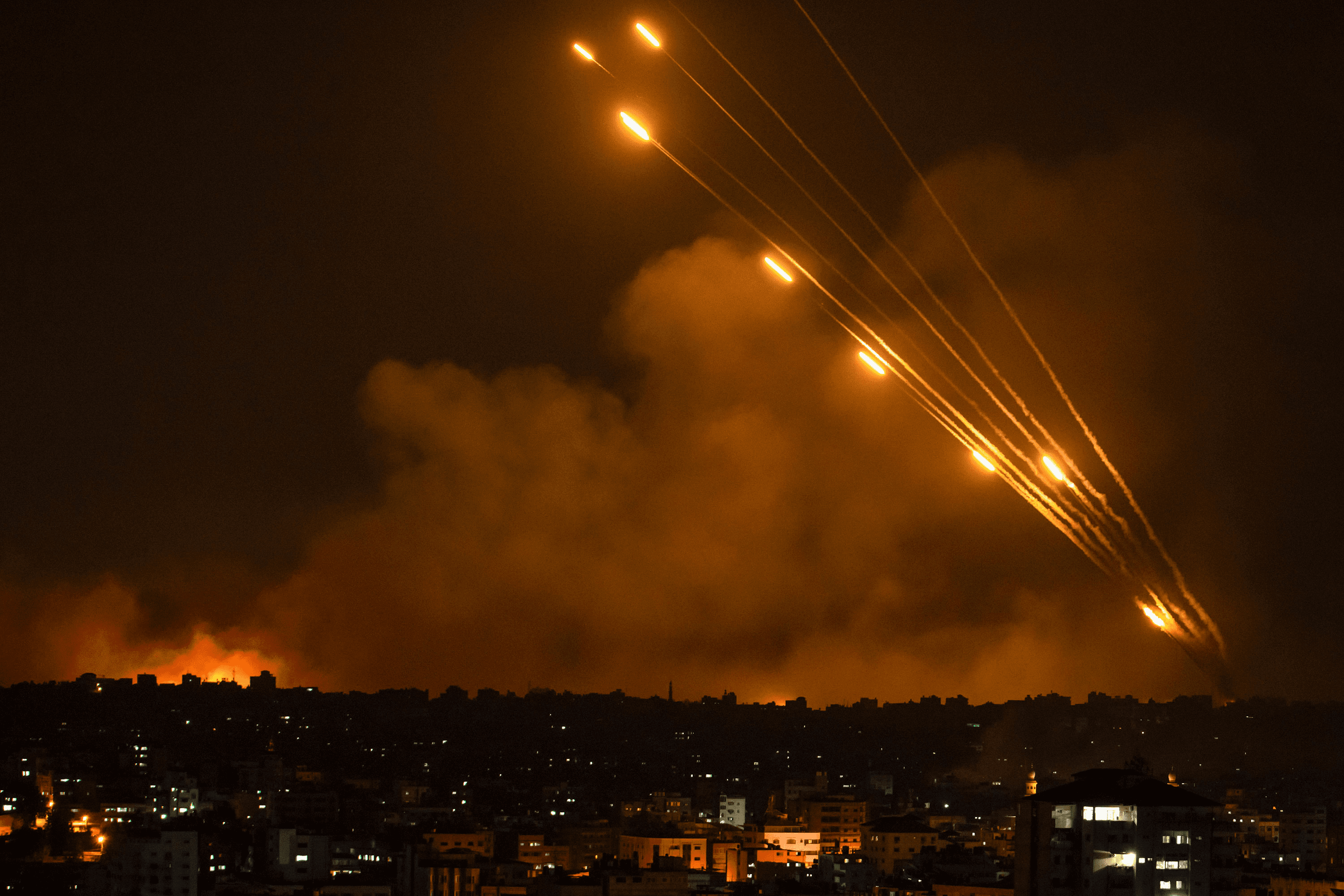
Photo: Rockets are fired toward Israel from Gaza on October 8, 2023. Fatima Shbair/AP
Hamas utilizes a range of armed resistance techniques against Israeli forces, such as rocket attacks, suicide bombings, and the use of tunnel networks for infiltration. These tactics have caused significant casualties and damage in Israel, further escalating the conflict between the two sides.
- Rocket Attacks on Israeli Targets – Hamas has targeted not just the Israel Defense Forces but also Israeli cities with rocket and mortar attacks, causing Israeli civilians casualties and damage. Over the years, these attacks have hit major Israeli cities, including shopping malls, cafes, buses, and hotels.
- Suicide Bombings and Kidnappings – Palestinian militants have carried out suicide bombings and kidnappings, targeting Israeli soldiers and civilians. These tactics have been successful in causing casualties and generating fear in the Israeli population, as they evoke a sense of insecurity and trauma among the people.
- Tunnel Networks and Infiltration – Hamas uses an extensive network of tunnels to infiltrate Israeli territory and launch attacks. These tunnels serve various purposes, such as: transporting commandos beneath the border to initiate terrorist attacks, smuggling goods and arms, storing supplies, and constructing bunkers and command centers.
The 2023 Attack: Operation Al-Aqsa Storm
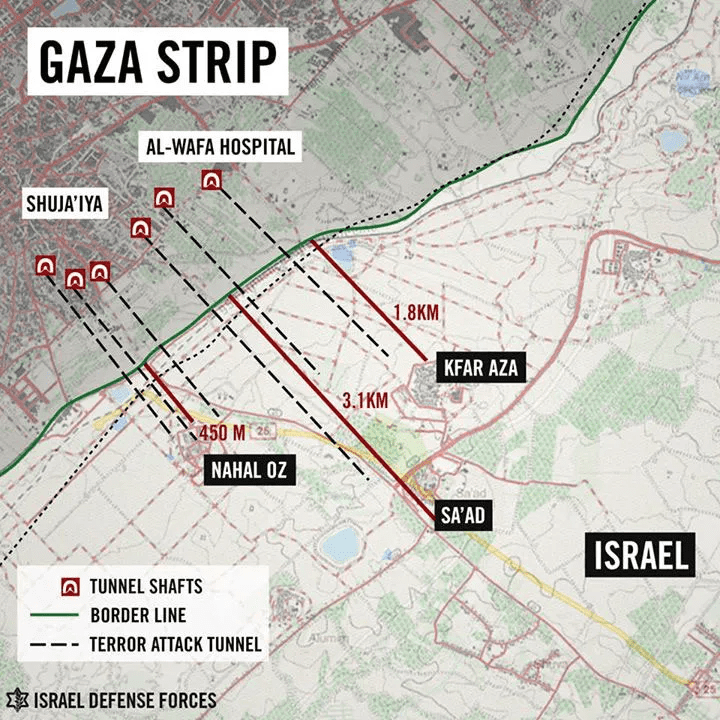
Photo: Hamas tunnels entering Israeli communities near the Gaza border. Israeli Defense Force
The 2023 ‘Operation Al-Aqsa Storm’ was a large-scale, covert attack by Hamas on Israel on Octobery 7 2023, resulting in more than 1,400 fatalities and hundreds of kidnappings, including children as young as 9 months old, women, men, and elderly Holocaust survivors. The planning and execution of the attack involved launching thousands of rockets into Israel and breaching the heavily fortified Gaza border.
Sophisticated Disinformation Warfare
A significant online disinformation campaign was uncovered during this conflict between Hamas and Israel. Analysis shows one-in-four profiles participating in online discussions about the conflict were fake, specifically designed to spread pro-Hamas propaganda. One of the fake narrtives set by bad actors was that Hamas’s attack was a response to Israeli soldiers attacking Palestinians during prayer at the Al-Aqsa Mosque. This strategy was further strengthened by the fact that Hamas named the attack “Operation Al-Aqsa Flood.” This sophisticated use of social media highlights a new frontier in modern conflicts, where digital influence operations are used to shape global perceptions and narratives.”
Israel’s Response and the Continuing Conflict
The initiation of a Israel Hamas war has led to an ongoing conflict with high casualties in Israel and Gaza. Any country has the right to protect herself from an aggressive neighbor who perpetuates war. Israeli Prime Minister Benjamin Netanyahu warned of a “long and difficult war.” The leaders of the Arab world need to do more to force Hamas to stop killing innocent people, agree to Israel’s right to exist, and accept previously negotiated agreements between the PLO and Israel.
Palestinian Perspectives on Hamas
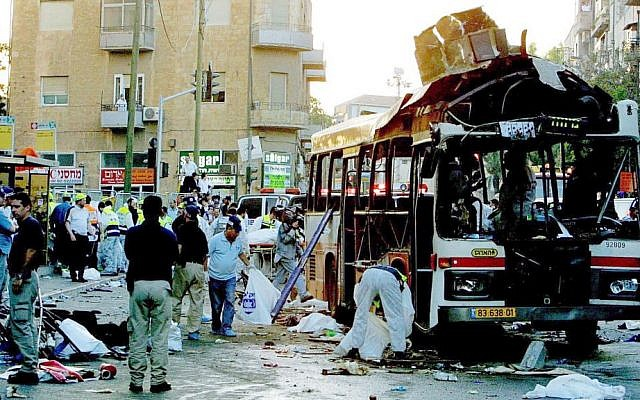
Photo: Hamas suicide bombing in Jerusalem on June 11, 2003. Quique Kierszenbaum/JTA
Palestinian opinions on Hamas are divided, with some favoring the group over its competitor Fatah, while others endure its authoritarian governance. The political bifurcation between the West Bank and Gaza is widely unpopular among Palestinians, and the ongoing conflict with Israel has further exacerbated the situation.
Public Opinion Polls
Polls reveal that the majority of the residents in Gaza and the West Bank favor Ismail Haniyeh from Hamas over President Mahmoud Abbas in a potential election. Haniyeh’s popularity stems out of his perceived representativeness of the Palestinian cause. This support is likely influenced by Hamas’ perceived success in advocating for the Palestinian cause and its commitment to armed resistance.
The Impact of Hamas’ Rule on Ordinary Palestinians
The impact of Hamas’ rule on ordinary Palestinians includes restrictions on freedom of speech, press, and political opposition, as well as economic hardship. The ongoing conflict with Israel and the repressive nature of Hamas’ rule have led to a challenging reality for those living in Gaza, with limited access to resources and economic opportunities.
International Stance on Hamas
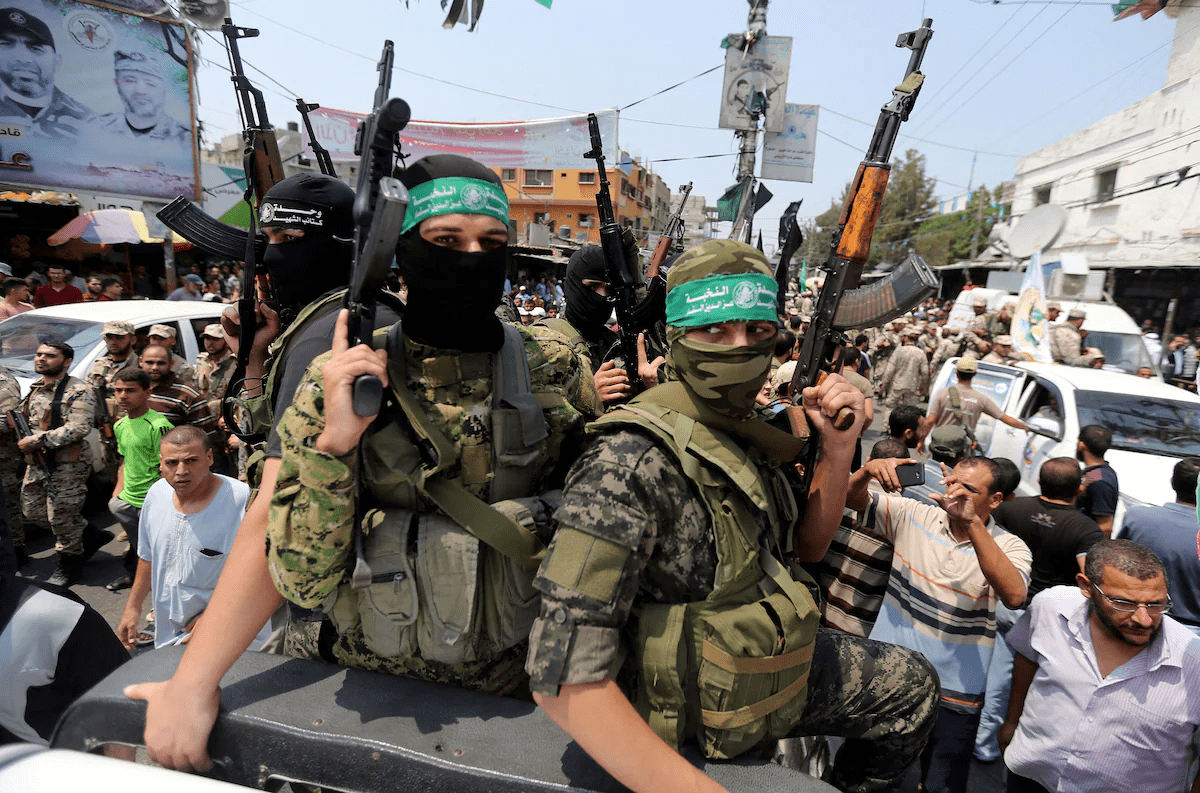
Photo: Palestinian Hamas militants in the southern Gaza Strip in late 2017. Ibraheem Abu Mustafa/Reuters
The international community has labeled Hamas as a terrorist entity and proposed conditions for lifting its isolation, which include acknowledging Israel’s right to exist, denouncing violence, and agreeing to prior accords. However, some countries, such as Iran and Turkey, have continued to provide support to the group.
Designating Hamas as a Terrorist Organization
Several countries, including the USA, the EU, and Israel, have designated Hamas as a terrorist organization. This designation has led to legal repercussions, international cooperation, financial implications, and increased surveillance for the group.
Conditions for Ending Isolation
The international community requires Hamas to meet specific conditions to end its isolation, including recognizing Israel, renouncing violence, and accepting past agreements. These conditions are aimed at promoting peace and stability in the region, as well as ensuring the security of both Israelis and Palestinians.
Bottom-Line
The short answer to the question, “who is Hamas?” is — it’s a terrorist group. It’s willingness to target innocent people and unwillingness to accept previously negotiated agreements is what is causing hardships for the Palestinan people. An individual can be pro-Palestine but that same person must denounce the articulated and planned genocide of the Jewish people by Hamas. Hamas does not reflect the will of the Palestinian people. The leaders of the rest of the Arab world, have only given lip service to the Palestinian cause while filling the coffers of Hamas. They have the capablities to bring an end to the violence. It’s time for them to show real leadership once and for all and end the support to the terrorist group known as Hamas.
First time reading? If you want rational takes on foreign policy, politics and technology then sign up below or click here for “The Brief.” It’s a twice-a-month email covering topics that deserve discussion but are currently overlooked, all in 5 minutes or less.

